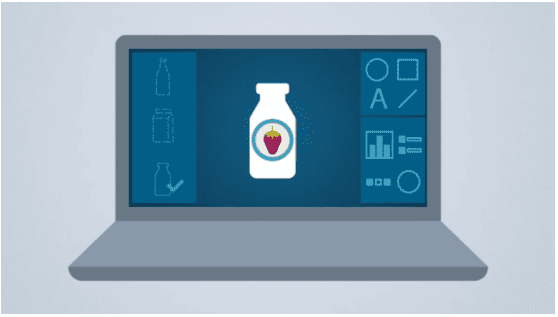
A Solution for Formulated Product Development
Siemens Opcenter RD&L is a formula and recipe management solution that allows you to reuse approved materials and ingredients when designing a new formulation.
Opcenter RD&L contains three main components:
Customer Benefits
Rationalized and harmonized
product
Faster exchange of product data with partners
Reduces administrative tasks and
errors
Well-maintained product quality and compliance
Cost reduction in new product development and introduction
Standardized intellectual property throughout the company
Specification Management
With the Siemens Opcenter Specification component raw materials, packaging materials and ingredients can be simulated and managed.
This multi-language and multi-site environment supplies operational systems such as enterprise resource planning (ERP), MES and laboratory information management systems (LIMS) with data such as quality norms and methods, product characteristics, recipes, nutritional values and statements, production methods and the like.
It also takes account of all product specifications such as regulatory, legal, quality, logistical, nutritional, suppliers, environmental, bill of materials and process specifications.
With the flexible and configurable search capabilities Siemens Opcenter Specification you gain efficiency by drastically reducing effort to look up specification details.
Label creation is simplified through country-based rules for for label declarations and it automatically calculates rules, nutriscore, allergens can be calculated automatically.
Supplier collaboration is improved through a portal that allows you to work closer with customers and assure in time updates on product specifications.

Formula Development
Different consumer needs require a huge variety of product and packaging which are leading to in increasingly complex production processes.
The Siemens Opcenter Formulation component offers the possibility to reuse approved materials and ingredients when designing a new formulation and to digitally simulate formula performance before launching real life trials.
The ability to re-calculate in real-time, after changes to materials and quantities, saves time and ensures high quality. When the formulation is finally validated it can be immediately converted to a bill of materials and the specifications.
Laboratory Information Management
The centralized Siemens Opcenter Laboratory manages quality data and workflow in laboratories, optimizing data collection, analysis and reporting. It also supports development processes in R&D labs and routine tests in Quality Control labs in Pilot Production.
To automate analysis data can be drawn directly from analytical instruments within the system. This also enables more targeted instrument interventions such as calibration and maintenance.
The data can be analysed in a number of automatically generated reports, including Certificate of Analysis, Management, Key Performance Indicators and other custom reports.


